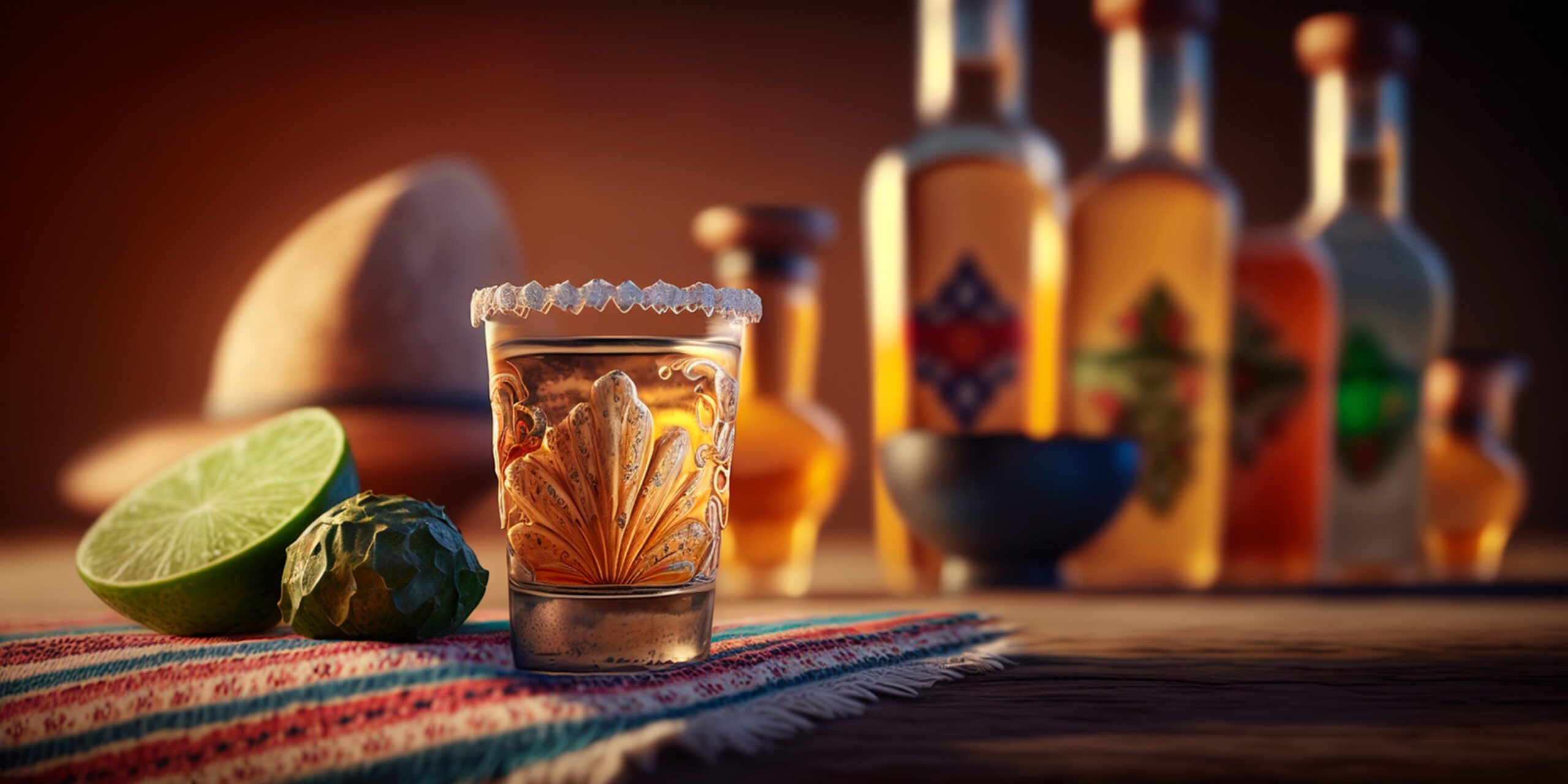
What Is the Difference Between Organic Tequila and Mezcal?
In the vast landscape of agave spirits, Organic Tequila and Mezcal stand out as two distinct yet closely related siblings, each with its own personality and flavor profile. While both hail from Mexico and share the same raw material – the agave plant – a closer examination reveals a nuanced world of differences that goes beyond the surface. Join us on a journey to explore the unique characteristics that set Organic Tequila and Mezcal apart, from their production processes to their diverse flavors.
The Agave Affair: Shared Roots, Divergent Paths
At the heart of the Organic Tequila and Mezcal dichotomy lies the agave plant. Both spirits are derived from the succulent core of various agave species, known as the piña. However, the devil is in the details, and it’s in the intricacies of cultivation, production, and regional nuances that the true differences begin to emerge.
Tequila: The Refined Elegance of Blue Weber Agave
Tequila, often referred to as the more refined and internationally recognized of the two, is exclusively produced using the Blue Weber agave (Agave tequilana). This specific agave variety, cultivated primarily in the Jalisco region of Mexico, is prized for its large size, high sugar content, and adaptability to the region’s climate.
The Tequila production process follows a rigorous set of standards. After the agave piñas are harvested, they undergo roasting, fermentation, distillation, and aging (in the case of Reposado and Añejo Tequilas). The final product is a spirit that exudes a smooth and approachable character, with flavor notes ranging from earthy and vegetal to sweet and citrusy, depending on the aging process.
Mezcal: The Artisanal Spirit of Agave Diversity
Mezcal, on the other hand, embraces a broader spectrum of agave varieties, contributing to its diverse and often more robust flavor profile. While the most common agave used for Mezcal is Agave espadin, it can be produced from numerous agave species, each imparting its unique characteristics to the final product.
The production of Mezcal is a labor-intensive and artisanal process. The piñas are traditionally roasted in earthen pits lined with lava rocks and agave leaves, imparting a distinct smokiness to the spirit. This traditional method, often fueled by sustainable practices, contributes to Mezcal’s reputation as a more rustic and complex agave spirit.
Terroir Matters: The Impact of Geography
One of the significant factors influencing the taste differences between Organic Tequila and Mezcal is the concept of terroir, or the environmental factors that shape the characteristics of an agricultural product. Both spirits are subject to the influence of the land, climate, and altitude in which their respective agave varieties are cultivated. Tequila is tightly regulated by the Denomination of Origin (DO), which dictates that it must be produced in specific regions of Mexico, primarily the state of Jalisco and limited Regions within Guanajuato, Michoacán, Nayarit, and Tamaulipas. The soil and climate of these regions contribute to the unique flavor profile of Tequila, characterized by its sweetness, citrus notes, and a smooth finish. This is why brands like AgaveLuz Organic Tequila produce their tequila in Jalisco and stick to traditional methods to create the highest quality tequila.
Mezcal, on the other hand, is produced in a broader range of regions, including Oaxaca, Guerrero, Durango, San Luis Potosi, Puebla, and Zacatecas. This diversity of terroir, combined with the use of various agave species, results in a wide array of flavor profiles within the Mezcal category. From the earthy and smoky notes of Oaxacan Mezcals to the fruity and floral expressions from other regions, Mezcal showcases the dynamic influence of terroir.
Smoked vs. Unsmoked: The Influence of Roasting Techniques

In the pit roasting process, agave piñas are buried in earthen pits lined with lava rocks and agave leaves, covered with a layer of earth, and then slow-cooked for several days. This method imparts a pronounced smokiness to Mezcal, a flavor profile that has become synonymous with the spirit. The smokiness can vary depending on factors such as the type of wood used in the fire and the duration of roasting, further contributing to the diverse spectrum of Mezcal flavors.
Categories and Classifications: Unveiling the Spectrum
Both Organic Tequila and Mezcal offer a variety of expressions, each falling into different categories based on aging and production techniques. Understanding these categories can enhance your appreciation of the unique characteristics within each spirit.
- Organic Tequila Categories:
- Blanco (Silver): Unaged and bottled immediately after distillation, Organic Blanco Tequila retains the pure essence of the agave with a crisp and vibrant profile.
- Reposado: Aged in oak barrels for 2 to 12 months, Organic Reposado Tequila takes on subtle notes of vanilla and oak, balancing the agave’s sweetness.
- Añejo: Aged for 1 to 3 years, Organic Añejo Tequila exhibits a richer and more complex flavor profile, with pronounced oak, caramel, and spice notes. You can try a brand like AgaveLuz Organic Tequila, offering an exquisite Añejo that is organic and additive free.
- Mezcal Categories:
- Joven (Young or Abacado): Unaged and typically bottled immediately after distillation, Joven Mezcal showcases the raw and intense flavors of the agave.
- Reposado: Aged in wood barrels for 2 to 12 months, Reposado Mezcal gains a mellow complexity with subtle oak and vanilla notes.
- Añejo: Aged for 1 to 3 years, Añejo Mezcal develops a deeper and more nuanced character, with prominent wood, spice, and smoky undertones.

While both Organic Tequila and Mezcal can be enjoyed neat or on the rocks to fully savor their unique flavors, the ritual of sipping these spirits is often enhanced by traditional accompaniments.
- Tequila Rituals:
- Sangrita: A non-alcoholic accompaniment, Sangrita is often served alongside Tequila to cleanse the palate between sips. This flavorful concoction typically includes citrus juices, tomato, and spices.
- Salt and Lime: The classic combination involves licking salt from the back of your hand, taking a sip of Tequila, and then biting into a wedge of lime to balance the flavors.
- Mezcal Rituals:
- Orange Slices and Sal de Gusano: Mezcal enthusiasts often pair the spirit with orange slices and a traditional accompaniment called Sal de Gusano, a mixture of salt, chili, and ground agave worms, adding an extra layer of complexity to the tasting experience.
- Traditional Copitas: Mezcal is traditionally served in small clay cups known as copitas, enhancing the sensory experience and connecting drinkers to the artisanal roots of the spirit.
In the realm of Organic Tequila and Mezcal, every sip is a journey through the diverse landscapes of Mexico, from the blue agave fields of Jalisco to the rugged terrains of Oaxaca. The differences between these two agave spirits extend far beyond the choice of a cocktail or a neat pour; they embody the rich cultural tapestry and craftsmanship of their respective regions.
Whether you find yourself drawn to the refined elegance of Organic Tequila and Mezcal, the world of agave spirits invites exploration and appreciation. From the distinct terroir to the traditional production methods, each sip tells a story of the land, the people, and the artistry that goes into crafting these unique elixirs. So, the next time you raise a glass of Organic Tequila and Mezcal, take a moment to savor the complexity within, and toast to the centuries-old traditions that have given us the gift of these extraordinary agave spirits. Cheers to the art of agave exploration!
Have the smooth and pure taste of AgaveLuz Organic Tequila, paired with shots of the organic Tequilas. Click here to purchase AgaveLuz, Taste it today!
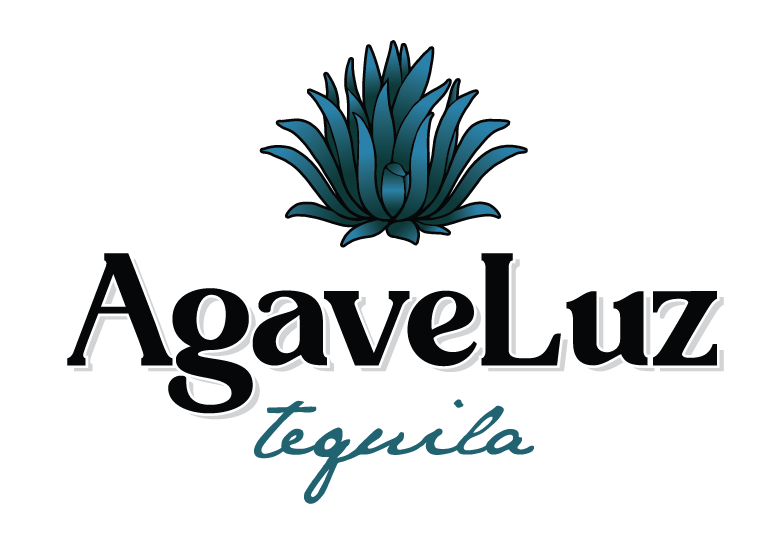
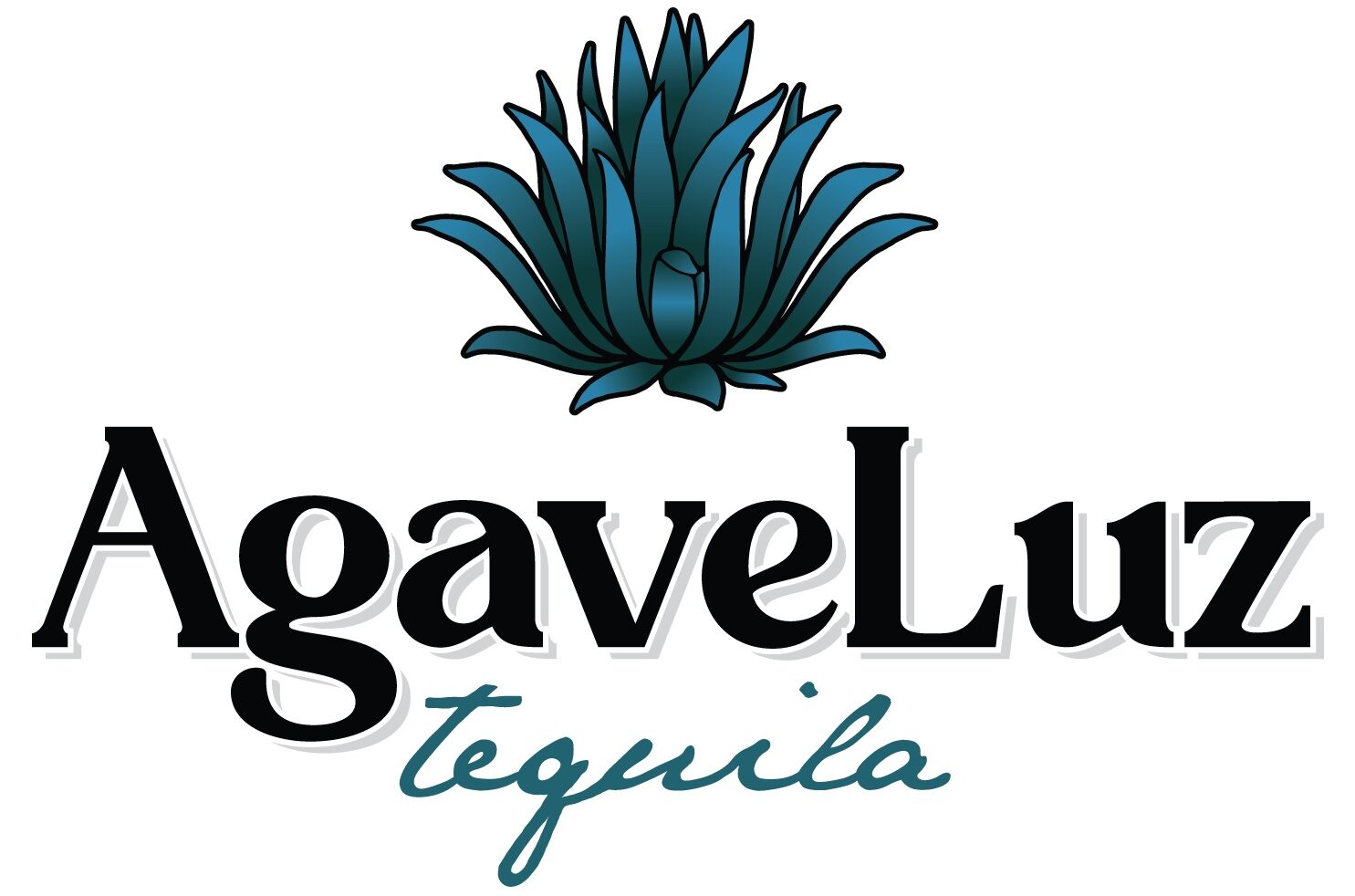


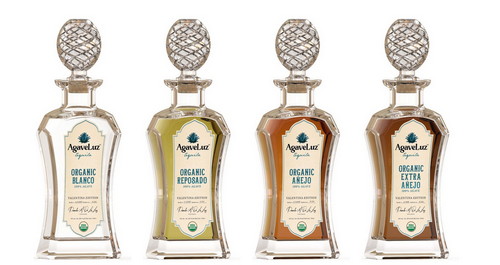















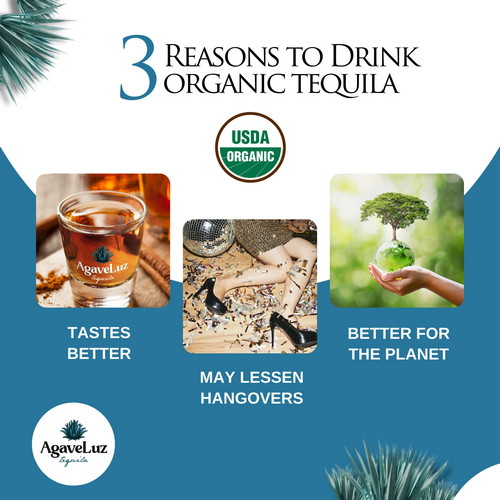
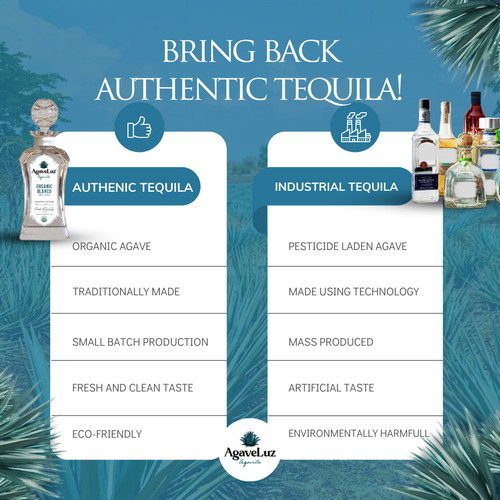

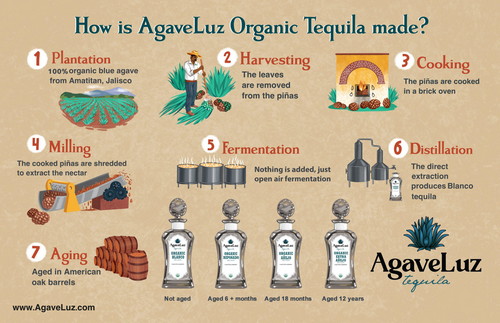


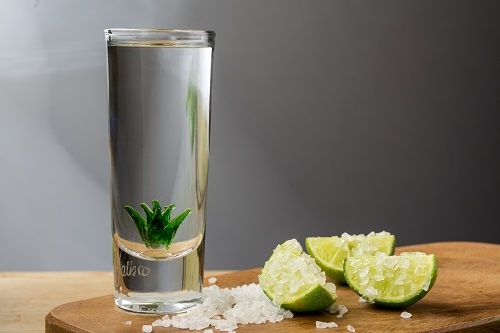
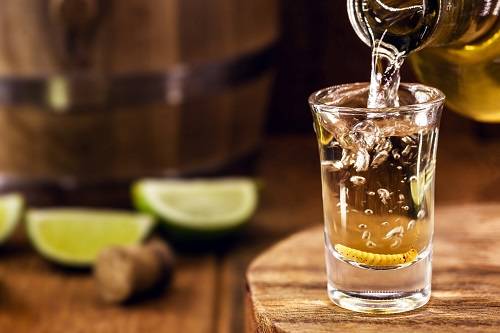
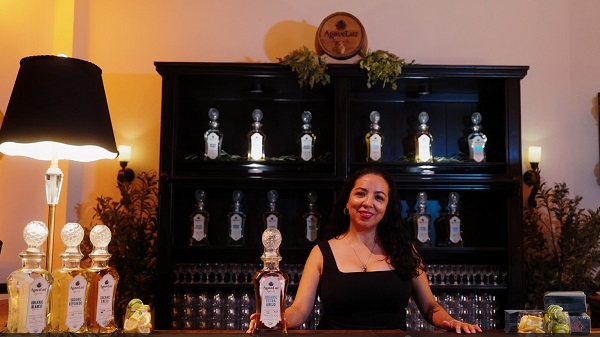

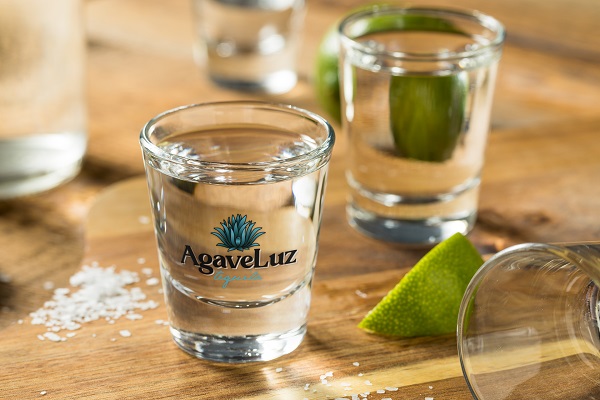

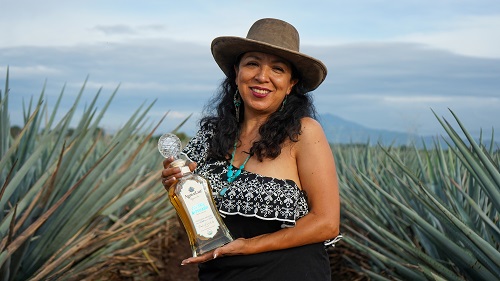
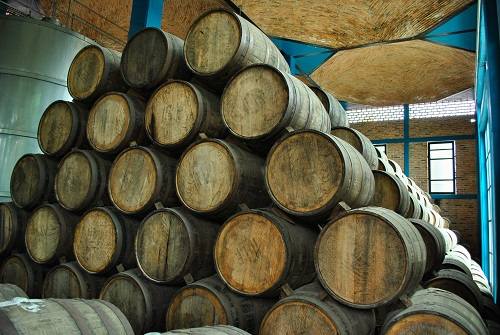

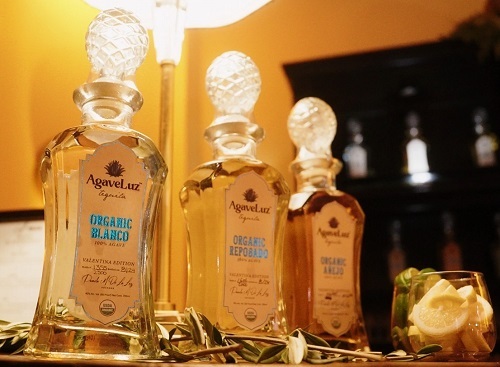
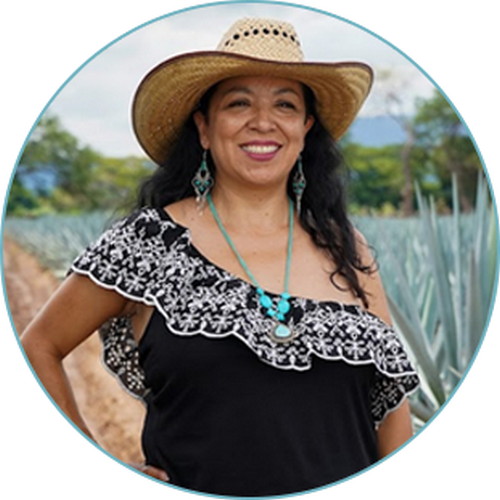


Post a Comment